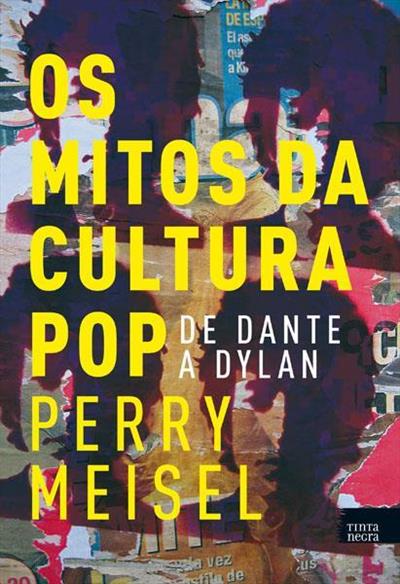by Perry Meisel
Truth Games: Lies, Money, and Psychoanalysis. By John Forrester. 210 pp. Cambridge, Mass.:
Harvard University Press. $22.95.
Although some New Wave Freud historians – most recently Mikkel Borch-Jacobsen – have fallen off the psychoanalytic hayride despite their theoretical sophistication, John Forrester remains securely on it. The author of three books on psychoanalysis, co-author of another and a former editor of Jacques Lacan's published seminars, Forrester, who teaches the history and philosophy of science at Cambridge University, combines the stance of the Lacanian professional with that of the professional historian and leavens them both with the relaxed prose of the English man of letters. While at first glance grandiose, Truth Games (the title comes from Wittgenstein) is the odd but largely happy result of 20 years' research designed to produce an inquiry into two questions: whether psychoanalysis can really uncover a truth about the self; and whether one can speak with any imagination about the currency that secures the bond between analyst and patient, the bond – let us be frank about it, Forrester says – of money.
The book is divided into two essays, each of which demonstrates how psychoanalysis is historically unique among the arts, sciences and religions because it ''transcends,'' as Forrester puts it, the customary patterns within which truth and debt take on their respective meanings. Truth as both a notion and a belief, Forrester tells us in his first essay, "Truth Games," is as a rule understood in much the same way from Augustine to Kant – as residing ''behind'' appearances, much as ''the liar conceals the truth in his heart.'' With Nietzsche, however, this way of thinking changes; the role of lying also changes. Truth becomes an effect of lying. ''Truths are illusions we have forgotten are illusions,'' Nietzsche says, ''coins which have been effaced and which from then on are taken to be, not pieces of money, but metal.'' ''To be truthful,'' he continues, ''means to employ the usual metaphors.'' Hence Nietzsche's vaunted continuity with Freud: psychoanalysis is ''the only science,'' Forrester writes, ''that does not find the prospect that the 'object' of its inquiry may intentionally deceive the scientific investigator subversive of its pretensions to truth.'' Indeed, it presupposes deception in the form of repression.
Forrester's history of symbolic exchange in his second essay, ''Gift, Money, and Debt'' – an ''insufficiently examined'' terrain, he says – serves a larger purpose: to connect Lacan's notion of the Oedipus complex with the status of money in analytic treatment. By means of an argument both too complex and too oblique to summarize (he does not organize his ideas well), drawing on Lacan and Derrida, Forrester contends that money is a system of signs that gives the psychoanalyst an instrument capable of addressing the patient's existential ''double bind.'' The self is understood as a function of a shared belief system or social currency – the ''Symbolic,'' to use Lacan's term – that acquires its values by means of the father's ''gift'' of language. But a gift by its nature is paradoxical; Forrester's point is that while you can pay your analyst, you can never pay back your father. On this uneasy ground, psychoanalysis constructs a perspective on the human condition.
This is perhaps too good to be true. Forrester's view of the analytic setting sometimes sounds rather like a dental hygiene brochure: ''The well-regulated analysis will, then, manage to match the transference with the analytic fee in an equilibrated system where obligation, reciprocation and service are perfectly aligned.'' Forrester's language is defensive. It is actually an appreciation of psychoanalysis for what it is – an esthetic procedure, as Forrester himself described it in his last book, Dispatches From the Freud Wars, designed, as he put it there, ''to render'' the patient's life ''a work of art.'' Forrester's honest exuberance for his subject here is, like his allusions to Bob Dylan and the Beatles, well taken. He has the knack, like Freud's literary critics, for valuing psychoanalysis for its defining interest in the fictive world of wishes and dreams that its bashers take as evidence of its unworthiness. We should regard Freud's legacy as a literary one, and recognize Freud himself without embarrassment as the mythic hero he wished to be.
Originally published in The New York Times Book Review, March 15, 1998



